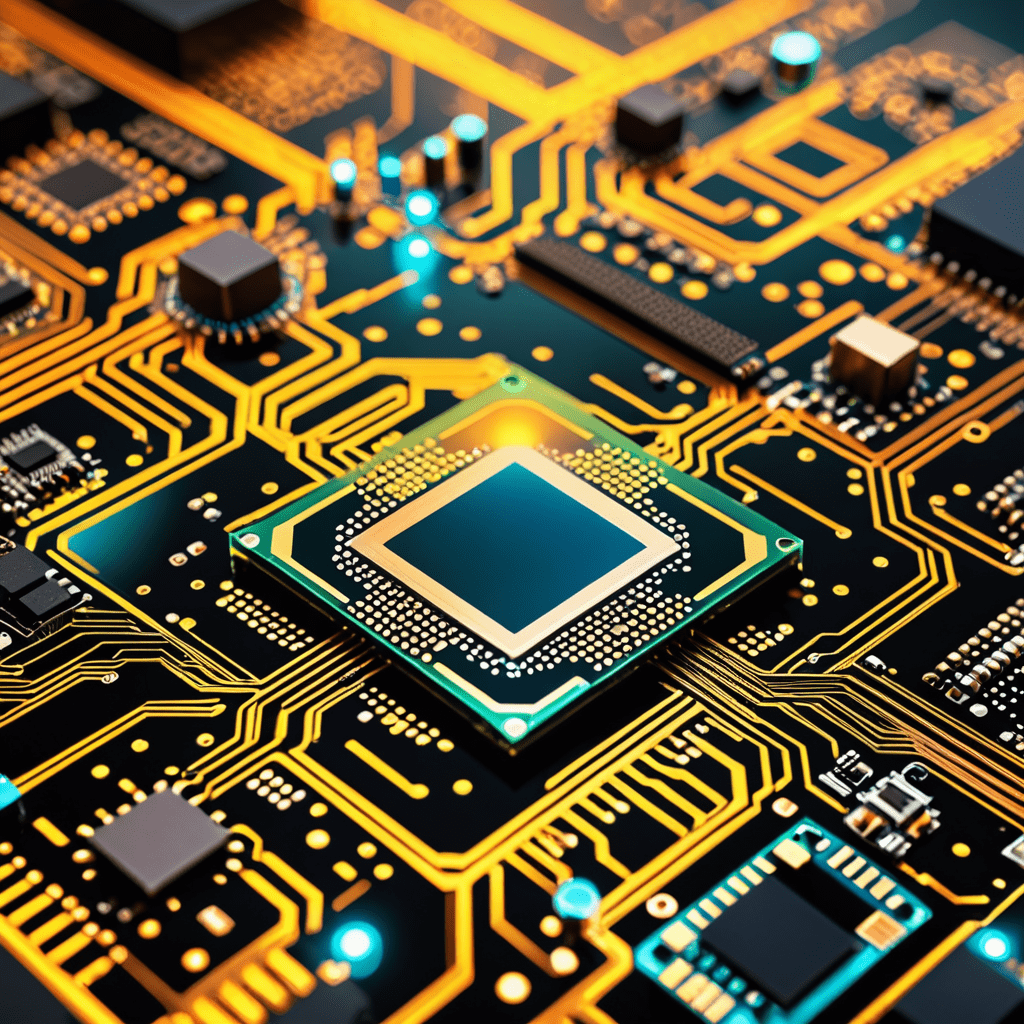
Nanotechnology’s Impact on the Automotive Industry
Nanotechnology, a cutting-edge field that involves manipulating matter at the nanoscale, has gained significant traction in various industries. One of the sectors where nanotechnology is making a profound impact is the automotive industry. Let’s delve into how nanotechnology is revolutionizing automotive manufacturing and design.
1. Enhanced Vehicle Performance
Nanomaterials such as carbon nanotubes and graphene are being incorporated into automotive components to enhance vehicle performance. These materials are incredibly strong and lightweight, making them ideal for improving fuel efficiency, increasing durability, and enhancing overall performance.
2. Improved Safety Features
Nanotechnology is also revolutionizing safety features in vehicles. Nanocoatings can be applied to windshields to improve visibility by repelling water and dirt, reducing the risk of accidents. Moreover, nanomaterials are being used to reinforce vehicle structures, making them more impact-resistant and safer for passengers.
3. Eco-Friendly Manufacturing Processes
By leveraging nanotechnology, automotive manufacturers can develop eco-friendly manufacturing processes. Nanomaterials enable the production of lighter vehicles, which leads to reduced fuel consumption and lower emissions. Additionally, nanocoatings can protect vehicles from corrosion, extending their lifespan and reducing the environmental impact of frequent replacements.
4. Energy-Efficient Batteries
Nanotechnology plays a crucial role in the development of energy-efficient batteries for electric vehicles. Nanostructured materials enhance battery performance, increasing energy storage capacity and improving charging times. This innovation is pivotal for accelerating the adoption of electric vehicles and reducing dependence on fossil fuels.
5. Smart Nanosensors for Vehicle Maintenance
Nanotechnology has paved the way for the integration of smart nanosensors in vehicles. These sensors can monitor various parameters such as tire pressure, engine health, and temperature in real time, providing valuable data for predictive maintenance. By detecting issues early on, smart nanosensors help prevent costly repairs and enhance vehicle longevity.
6. Seamless Connectivity and Communication
Nanotechnology facilitates seamless connectivity and communication systems in modern vehicles. Nanomaterials enable the development of high-performance antennas and sensors, enhancing the reliability of features such as GPS navigation, wireless connectivity, and autonomous driving technologies. This connectivity revolutionizes the driving experience and sets the stage for the future of smart transportation.
7. Continued Innovation and Advancements
The integration of nanotechnology in the automotive industry is an ongoing process that promises continued innovation and advancements. As researchers and engineers push the boundaries of nanomaterial applications, we can expect to see even more groundbreaking technologies emerge, further enhancing vehicle efficiency, safety, and sustainability.
FAQs about Nanotechnology’s Impact on the Automotive Industry
What is nanotechnology and how does it relate to the automotive industry?
Nanotechnology involves working with materials at the nanoscale, often at the atomic or molecular level. In the automotive sector, nanotechnology plays a significant role in enhancing the performance, durability, and safety of vehicles through the incorporation of nanomaterials in various components.
How does nanotechnology improve automotive manufacturing processes?
Nanotechnology enables the creation of stronger, lighter, and more durable materials that can improve fuel efficiency and overall performance in vehicles. By incorporating nanomaterials in paints, coatings, and composites, manufacturers can produce vehicles with enhanced properties and longevity.
What are some specific applications of nanotechnology in the automotive industry?
Nanotechnology in automotive applications includes improving tire performance through reinforced rubber materials, enhancing fuel efficiency with lightweight nanocomposites, developing self-healing coatings to protect vehicle surfaces, and creating advanced sensors for improved safety features.
How does nanotechnology contribute to the development of electric and autonomous vehicles?
Nanotechnology plays a crucial role in advancing electric and autonomous vehicles by enabling the production of high-capacity batteries, lightweight components for electric cars, sensors for autonomous driving systems, and efficient energy management systems. These advancements are vital for the future of sustainable and autonomous transportation.


